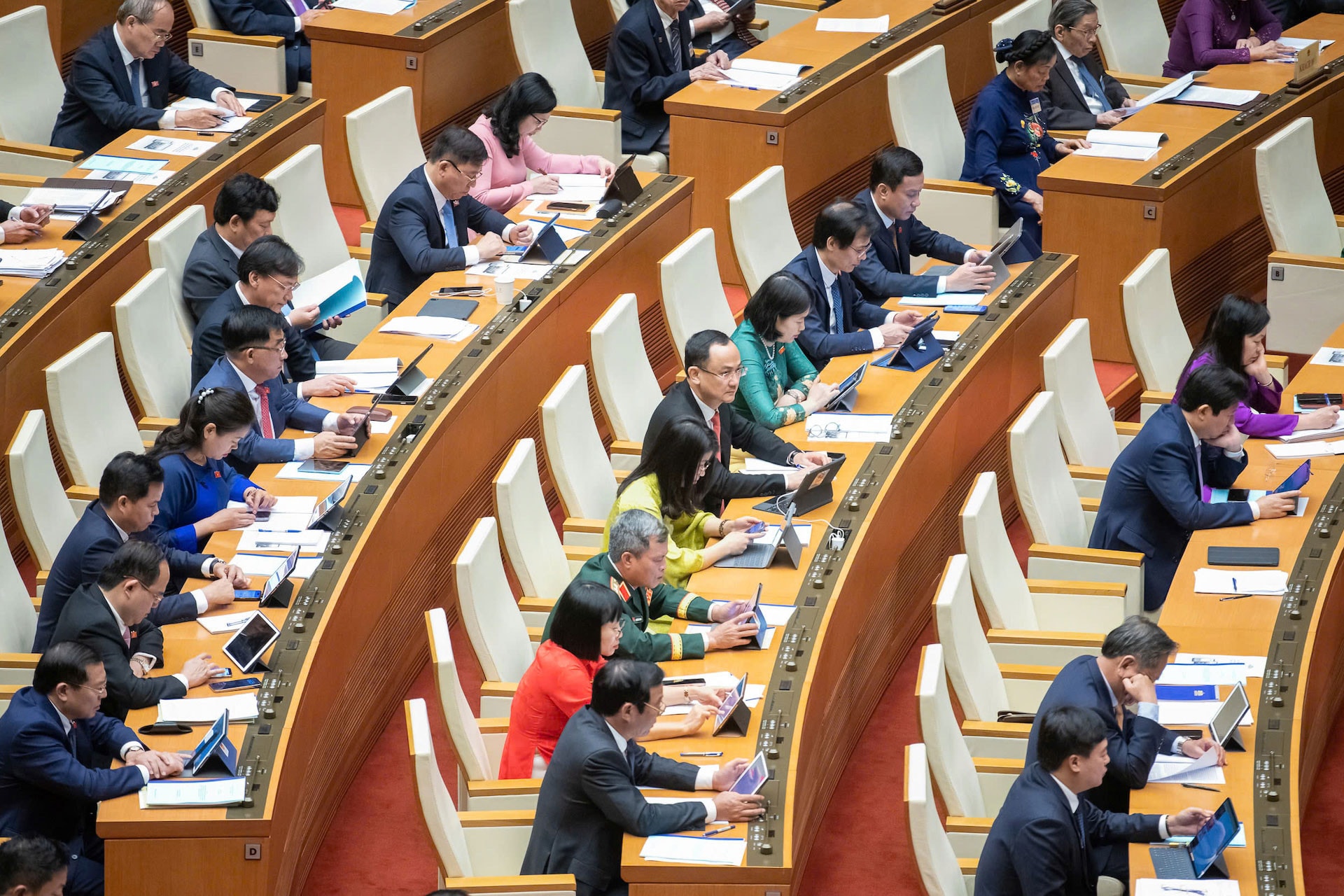
The hardship of business
The chairman of a large private economic group recently said that his company had to spend more than 2 years without being able to complete the paperwork to implement a large project.
"There are too many procedures, going through too many levels, and sometimes just one department specialist is not satisfied and everything comes to a standstill," he said.
He said the group of employees applying for the license were exhausted and frustrated because they could not get it. Finally, he had to write a handwritten letter to the Secretary and Chairman, saying that if the government did not issue the license, he would stop the project, which was a national priority technology field.
Only when the city leaders gave strong instructions did the system below move. Finally, he was able to complete the documents to start building such a large-scale project.
Another big businessman was not so lucky. He planned to build a garment factory in a province since 2019, the land was available, in accordance with the planning, but he could not complete the investment procedures.
Many generations of provincial leaders have directed it, but until now, after 6 years, his project is still hanging there.
The above two stories are just some of the endless stories of businesses facing difficulties when going through investment procedures in our country. The complicated regulations and legal procedures have become one of the main reasons why 2,200 projects with a total capital of nearly 6 quadrillion VND (235 billion USD) and more than 300,000 hectares of land are stuck nationwide.
Procedure and Regulatory Matrix
In the investment project preparation stage, investors must carry out procedures related to planning, investment, land, construction, environmental protection, science and technology, fire prevention and fighting, forestry, etc. This is the stage where investors spend the most time and carry out the most procedures, much more than the two following stages of project implementation and operation, according to the assessment of the Vietnam Federation of Commerce and Industry (VCCI).
VCCI assessed that, through review, if only relying on legal regulations, it will not be possible to determine the exact number of days that the investor must carry out procedures during the investment preparation phase (from the time of proposal to the start of construction).
The reason is that in the process of implementing investment projects, there are procedures that do not specify the number of days because legal documents do not stipulate; some administrative procedures have clear regulations on processing time, but this time can be extended and the extension time cannot be determined.
"Investment policy" is a big barrier
As analyzed in the article "From 'investment policy' to 235 billion USD in congestion", the procedure for reviewing "investment policy" in the Investment Law has been creating many barriers for domestic private investors for the past two decades.
However, there is good news that the Ministry of Finance has sent an urgent dispatch to many ministries, branches and business associations to solicit comments on amending the Investment Law with a deadline of May 25.
This is an effort by the Ministry of Finance to improve the Investment Law as it is being submitted to the 9th Session of the National Assembly for amendment, after the two most recent amendments in 2024 and 2022. In the draft amendment to the Investment Law in 2025, this procedure for many projects continues to be decentralized to the Provincial Chairman.
Previously, the Law amending the Investment Law in 2024 decentralized authority from the Prime Minister to the Chairman of the Provincial People's Committee for the procedures for approving investment policies of a number of projects and added special investment procedures for a number of priority and key areas.
Accordingly, when investing in these fields in industrial parks, export processing zones, high-tech zones, concentrated information technology zones, free trade zones and functional areas in economic zones, investors only need to apply for an investment registration certificate and an environmental license, and do not have to carry out other normal investment procedures (procedures for approving investment policies, technology appraisal, preparing environmental impact assessment reports, preparing detailed plans, granting construction permits and procedures for approval, acceptance and permission in the fields of construction, fire prevention and fighting).
This is a major breakthrough in shortening the investment process and is expected to attract strategic investors in key areas. The business community highly appreciates this decentralization.
Increasing the authority and accountability of local governments will create operating space for provincial governments in attracting investment and screening investment projects. This makes the investment implementation process significantly shorter and more convenient.
Despite efforts to remove bottlenecks in investment activities, in reality there are still many obstacles in the process of implementing investment projects, especially lengthy administrative procedures, affecting the progress of implementation and even stalling many important projects.
According to VCCI, in the plans for decentralization and amendments to corresponding legal documents, many proposals are made to decentralize from the head of the agency down to the head of the specialized unit (from the Minister down to the Director of the Department, the Chairman of the People's Committee down to the Director of the Department) and keep the same procedures and time for handling procedures.
"From the perspective of the subjects performing administrative procedures, the procedures after decentralization remain almost unchanged, while this decentralization should have reduced intermediate levels and shortened the time to process procedures," VCCI commented.
A groundbreaking proposal
The question is, why are only some private investment projects subject to "special investment procedures" while other projects are not?
In other words, can special investment procedures be applied to all private investment projects in Vietnam?
Last weekend, the Government's electronic information portal published an article titled "Bravely cutting bottlenecks in the Investment Law" by Dr. Nguyen Si Dung. Mr. Dung, former Deputy Head of the National Assembly Office and currently a member of the Prime Minister's Advisory Council, has proposed groundbreaking reforms by proposing to completely abolish the Investment Law.
According to the article, in developed countries such as the United States, Japan, South Korea, Germany or the United Kingdom, there is no comprehensive investment law. Investors only need to comply with the law - they do not need to "apply for investment".
In a modern market economy, investment is a right, not a privilege. Entrepreneurs should not have to “beg for investment” – they should simply obey the law and compete fairly.
He affirmed that the Investment Law is a "complex" and conflicting law and proposed to completely abolish the Investment Law.
If the Investment Law is abolished, according to preliminary estimates, the effects will be as follows: Reducing 15 - 20% of project implementation time by eliminating investment policy procedures; reducing 5 - 7% of sub-license procedures by streamlining the list of conditional business lines; reducing 5 - 10% of administrative burden for foreign investors by consolidating investment and business registration processes. In total, the abolition of the Investment Law can help achieve 20 - 25% of the target of reducing administrative procedures - nearly completing the reform goal of Resolution 66/NQ-CP.
These recommendations are clearly very similar to the spirit of General Secretary To Lam, who signed the revolutionary Resolutions 57, 66 and 68, according to which it is necessary to continue institutional reform, improve the business environment strongly, remove at least 30% of existing business conditions, reduce at least 30% of administrative procedure processing time and business costs, informal costs, and strive for Vietnam's investment environment to be among the top 3 ASEAN countries in the next 2-3 years.
The Government and the National Assembly are resolutely implementing the reform program in this direction with two resolutions issued. The remaining issue is to immediately remove institutional barriers to bring about real results of the Party's Resolutions to create strong and real innovations for Vietnamese enterprises.
VN (according to Vietnamnet)Source: https://baohaiduong.vn/can-bai-bo-thu-tuc-dau-tu-om-dom-xung-dot-412508.html



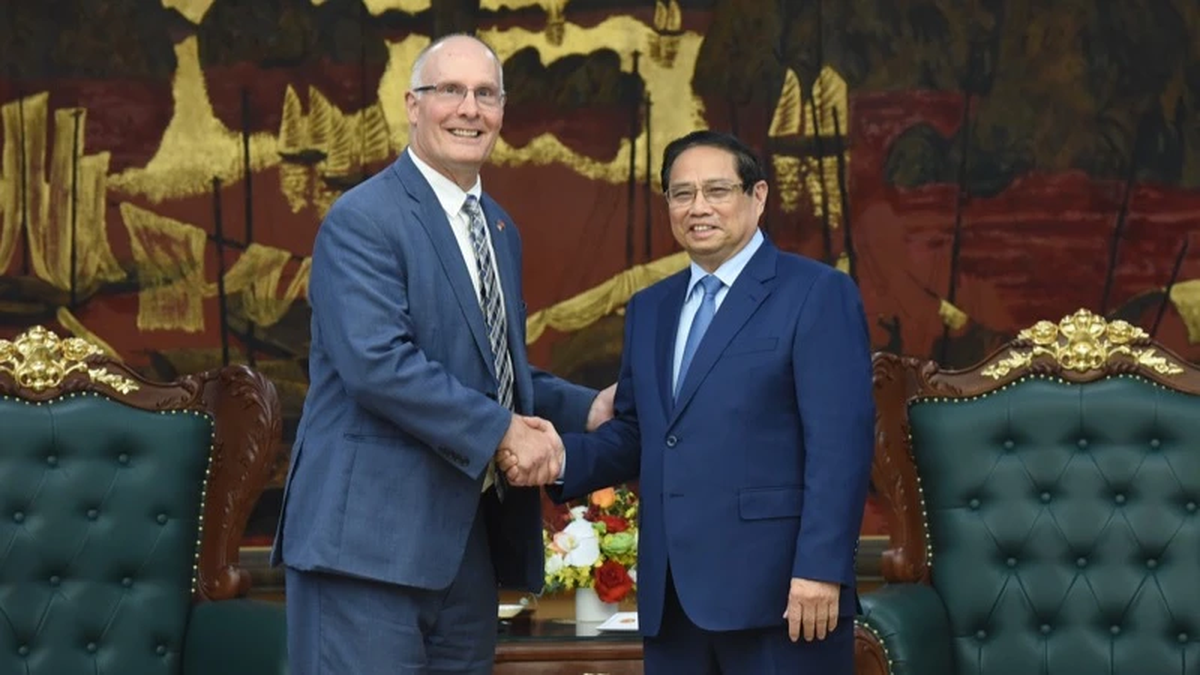
![[Photo] Vietnamese and Hungarian leaders attend the opening of the exhibition by photographer Bozoky Dezso](https://vphoto.vietnam.vn/thumb/1200x675/vietnam/resource/IMAGE/2025/5/28/b478be84f13042aebc74e077c4756e4b)
![[Photo] General Secretary To Lam works with the Central Policy and Strategy Committee](https://vphoto.vietnam.vn/thumb/1200x675/vietnam/resource/IMAGE/2025/5/28/7b31a656d8a148d4b7e7ca66463a6894)
![[Photo] Prime Minister Pham Minh Chinh receives a bipartisan delegation of US House of Representatives](https://vphoto.vietnam.vn/thumb/1200x675/vietnam/resource/IMAGE/2025/5/28/468e61546b664d3f98dc75f6a3c2c880)
![[Photo] 12th grade students say goodbye at the closing ceremony, preparing to embark on a new journey](https://vphoto.vietnam.vn/thumb/1200x675/vietnam/resource/IMAGE/2025/5/28/42ac3d300d214e7b8db4a03feeed3f6a)







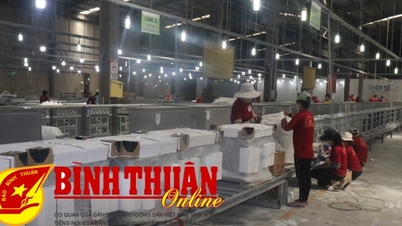

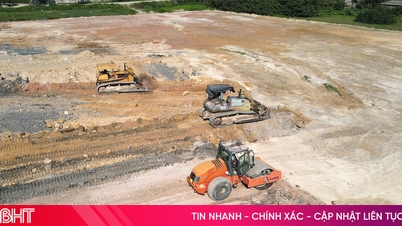





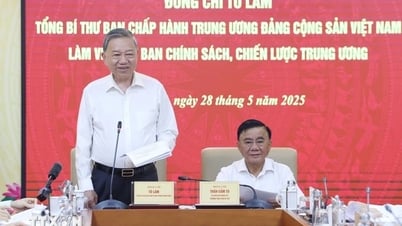













































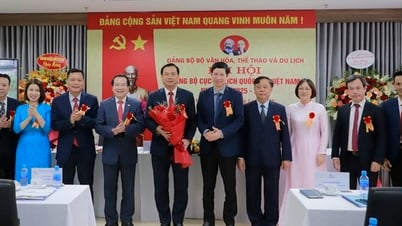
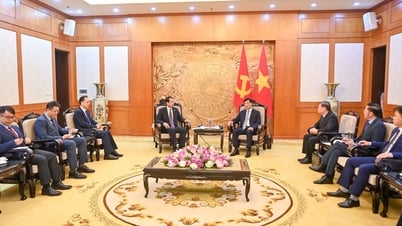




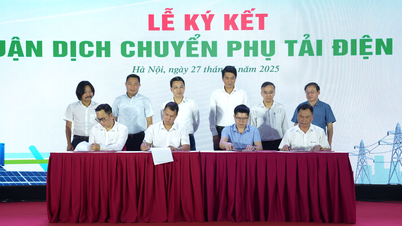











Comment (0)